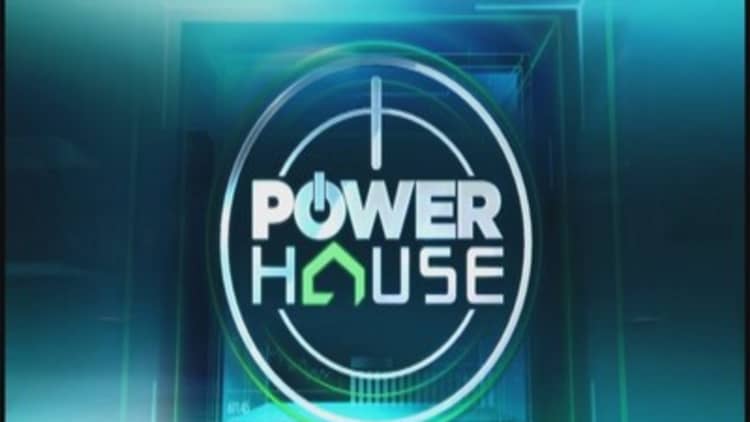
Home prices are still rising in Chicago, but among the nation's 10-largest housing markets, price gains in the Windy City come in last.
Values were up just 1.9 percent in October 2014, from the previous year, according to the latest S&P/Case-Shiller home price index. Sales were far worse.
Combined single-family and condominium sales in the greater metropolitan Chicago area were down nearly 9 percent in November from a year earlier, and in the city proper they were down 11.5 percent. That, according to the Illinois Association of Realtors.
"Illinois' fourth-coldest November on record had a negative effect on housing sales," noted Geoffrey J.D. Hewings, director of the Regional Economics Applications Laboratory of the University of Illinois. "While prices continue to improve, the sales forecast for the next three months indicates declines on a monthly and annual basis."
Like the rest of the country, much of the slowdown in Chicago is due to a lack of supply of homes for sale. While agents expect to see more listings come on for the spring market, the city is tight across all product types—single-family, town home and condominium.
Read MoreWhy millennials love Philly's Center City
"With the new inventory, buyers will be moving quickly on it and pushing up prices in multiple offer situations," said Millie Rosenbloom, a Chicago real estate agent with Baird & Warner, who says she expects to see a lot of new listings this spring.
Foreclosure sales continue to decline, which is good for the overall health of the market, but at the same time is a drag on supply. Chicago still has the fourth-highest foreclosure rate in the nation, largely due to a big backlog of distressed properties and a slow state foreclosure process. That has kept home prices from gaining more dramatically.
Read MoreHousing supply surges in northern Virginia
On the bright side, low mortgage rates and an improving local economy will add to spring demand, especially first-time buyer demand.
"People are feeling more comfortable with their employment futures—and they're not as anxious about committing to a mortgage with such low interest rates," added Rosenbloom.



